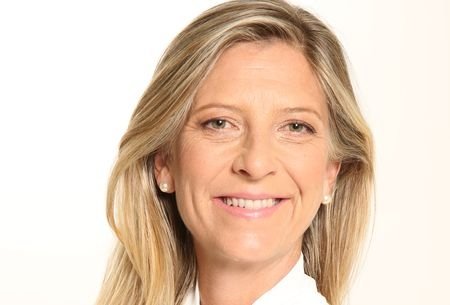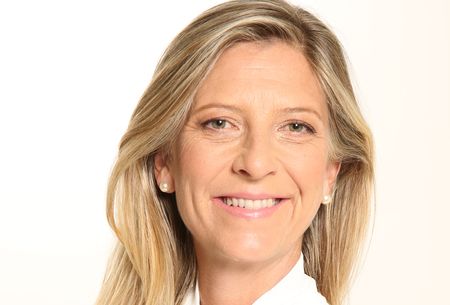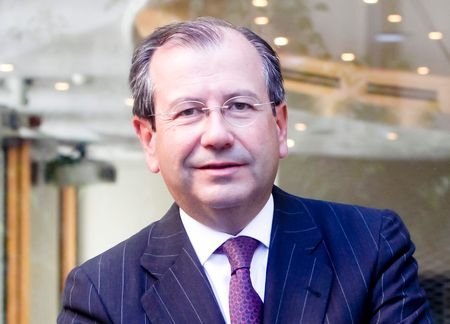Breaking Down Barriers

Citi’s head of investment finance legal Françoise Plusquellec says law firms’ policies on diversity are among the factors taken into account when choosing external legal advisers
 It comes as no surprise that the person running Citi Private Bank’s initiative to promote the careers of women within the organisation’s Spanish operation is Françoise Plusquellec. As a woman and a lawyer, she is well-qualified to handle the extra responsibility that being a member of the steering committee of Citi Women Spain involves, a task she performs in addition to her primary role as the bank’s global head of investment finance legal. “Life balance is a challenge that men and women face in a variety of industries, but women lawyers must deal with gruelling and but, more importantly, often unpredictable hours, while still faced with the challenge of trying to have a family or a social life and that takes a lot of very careful juggling,” she says.
It comes as no surprise that the person running Citi Private Bank’s initiative to promote the careers of women within the organisation’s Spanish operation is Françoise Plusquellec. As a woman and a lawyer, she is well-qualified to handle the extra responsibility that being a member of the steering committee of Citi Women Spain involves, a task she performs in addition to her primary role as the bank’s global head of investment finance legal. “Life balance is a challenge that men and women face in a variety of industries, but women lawyers must deal with gruelling and but, more importantly, often unpredictable hours, while still faced with the challenge of trying to have a family or a social life and that takes a lot of very careful juggling,” she says.
Citi Women Spain – which is part of the global Citi Women network – is focussed on improving gender diversity and equality within the organisation. Plusquellec, who is the mother of two young daughters, says the aim of the initiative is to address the issues of fairness and inclusivity in the workplace and provide staff, whether they are male or female, with opportunities to come up with ideas for staff to develop and thrive “without gender bias”. Around half of Citi’s Spanish employees have bought into the idea. More than 50 per cent of Citi’s employees in Spain are members of the Citi Women Spain network, and 30 per cent of those are men. “Promoting an environment where talent, not gender, should be the measure for recognition and development, you are more likely to attract the best professionals in the market,” Plusquellec says. “Creating an environment where people know they can strive based on their merits, rather than be held back based on gender, allows us to bring out the best in people by making them more confident and productive, and possibly the best versions of themselves they can be, not to mention reduce the cost of [staff] turnover.”
Citi has set itself a target in terms of the amount of women it wants to see in positions of power within the organisation. By 2021, the bank wants at least 40 per cent of its mid-level and senior employees to be women, which would represent a slight increase on the current level of 37 per cent. Plusquellec says it is vital that more organisations try to replicate the Citi Women programme. She makes reference to a McKinsey Global Institute report that concluded that $12 trillion could be added to global GDP by 2025 by advancing women’s equality. “The report shows that if women – who account for 50 per cent of the world’s working-age population – do not achieve their full economic potential, the global economy will suffer,” Plusquellec says. “I think it is important to emphasise that women’s networks are about promoting gender equality, that is giving equal access to professional opportunities to men and women, especially at the more senior levels, as long as, and I think this should be emphasised, a woman is the most qualified person for the position.”
To read this article in full, please download the magazine here












